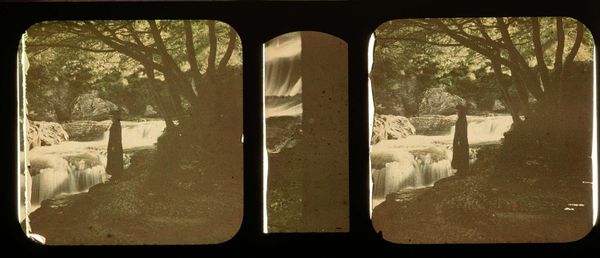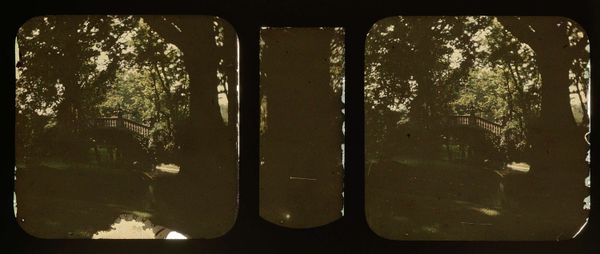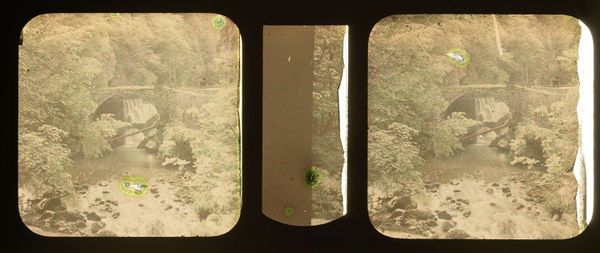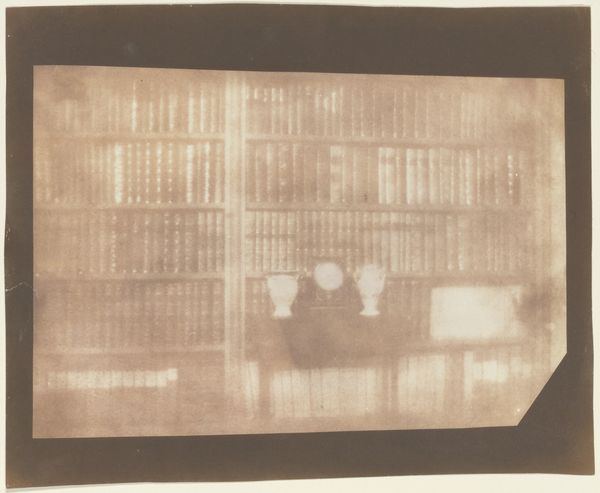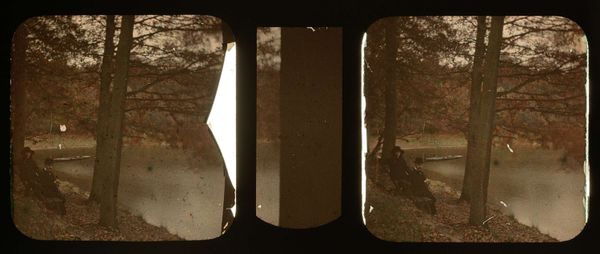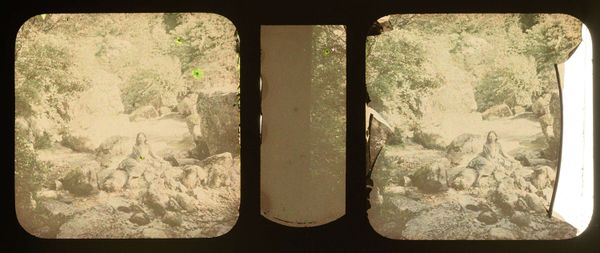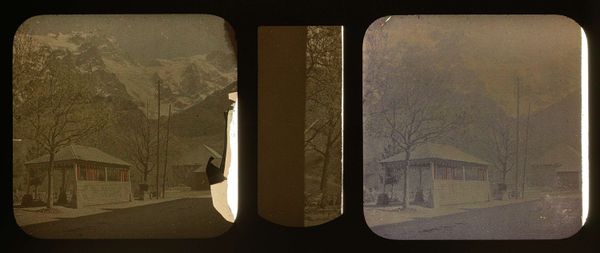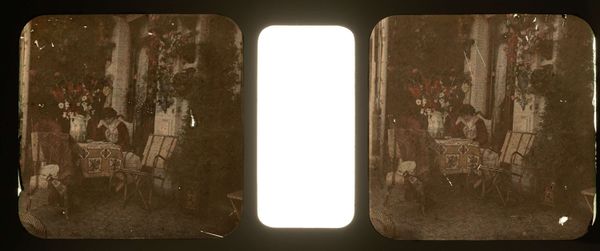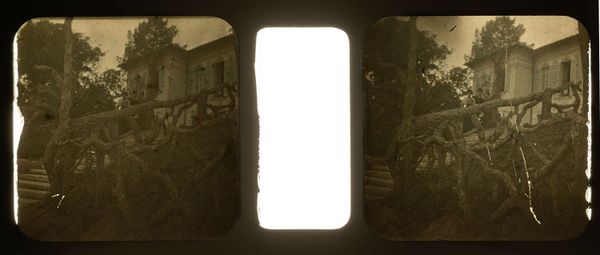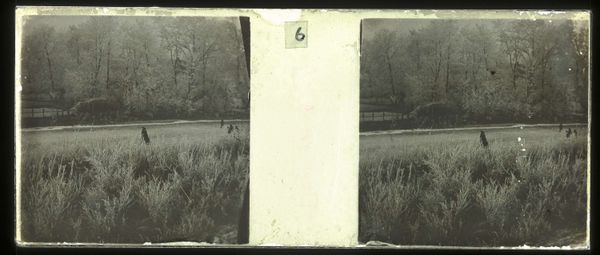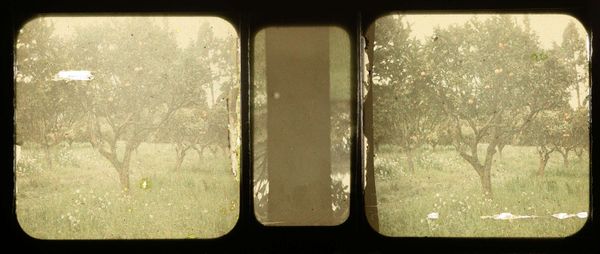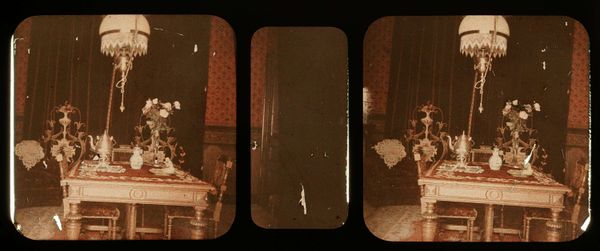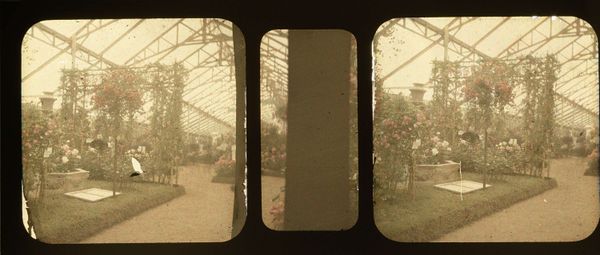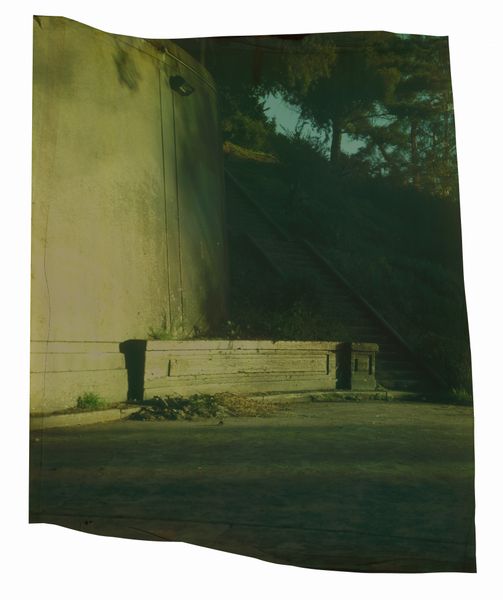
#
muted colour palette
#
worn
#
disrepair
#
sculpture
#
derelict
#
unrealistic statue
#
carved into stone
#
charcoal
#
watercolor
#
statue
Dimensions: height 75 mm, width 150 mm
Copyright: Rijks Museum: Open Domain
Editor: We’re looking at "Vrouw in een roeiboot bij een brug," which translates to “Woman in a Rowboat by a Bridge,” believed to have been created by Adolphe Burdet sometime between 1907 and 1935. It's currently held in the Rijksmuseum. There’s a nostalgic quality to it, perhaps amplified by the muted color palette and the implied narrative. How do you interpret this work? Curator: This piece speaks to me of the rise of leisure and its visual representation in the early 20th century, particularly for the burgeoning middle class. Notice the woman, centrally placed in the boat – what does her presence communicate to you? Is she escaping the bustle of modern life? Editor: I think so, it feels quiet and solitary. There's also something about the composition... almost like looking at an old photograph, capturing a fleeting moment in time. The bridge in the background frames the scene perfectly. Curator: Exactly. The photograph, and this artwork referencing photography, creates a controlled, mediated experience of leisure. How accessible *was* such an escape for the working class at the time? The image suggests an idyllic moment, but that’s also part of its cultural function. Who has access to that image, that fantasy? Editor: That's a really important point; the photograph can hide some realities and promote particular societal viewpoints. Curator: Indeed. And that mediated perspective often overlooks the social realities underpinning even simple pleasures. Art often acts as a social mirror reflecting society's ideals and blind spots. Editor: This has really opened my eyes to how much social context impacts how we read even a seemingly straightforward image. Curator: Precisely! Thinking about these connections is crucial to understanding art’s true complexity and influence.
Comments
No comments
Be the first to comment and join the conversation on the ultimate creative platform.
